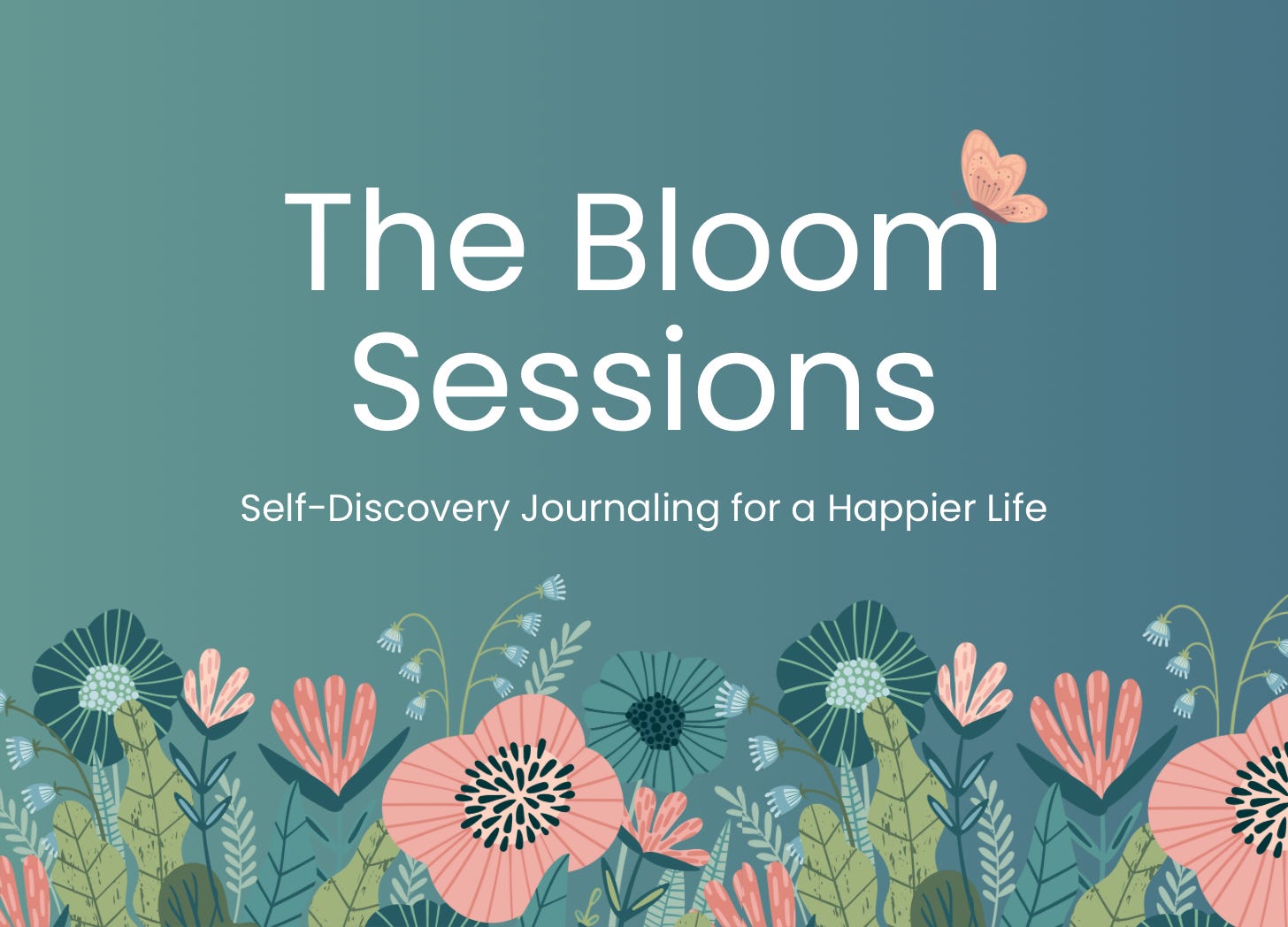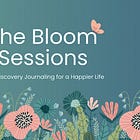Breaking Free From Self Doubt
🌱🌷The Bloom Sessions: recovering and trusting your inner voice
Welcome to The Bloom Sessions! Gently explore your inner world with therapeutic journaling and self discovery exercises on Fridays, 10am GMT.
Let’s release unhelpful patterns, challenge limiting beliefs and foster healing, change, and personal growth. Paid members also enable me to publish the Letters from Therapy newsletter so thank you!
What’s all this then? For the introduction to The Bloom Sessions, click here:
Hi friends
Self-doubt is a normal part of being human at times, and I know I’ve had my fair share over the years. But for some of us, doubt can be too much, overly inhibiting and can hold us back in our lives, as we suppress the voice of our true self, leading to pain and dissatisfaction.
Today’s Bloom Session is about breaking free from self-doubt. Let’s consider its roots, and the consequences of leaving it unaddressed, and create shifts with ten therapeutic journaling questions to delve a bit deeper, and break free from its shackles. By the end, you will experience a shift in your experience of self-doubt, and take action in some way if relevant. Is it time to break free?
Understanding Self Doubt
Self-doubt can feel like a tight leash around us, that whispers lies about our worth, abilities, and potential. Left unchecked, it can chip away at our confidence, paralyse our decision-making, and limit our capacity to live fully.
When we look, self-doubt can reveal deeper patterns that are rooted in past experiences, inner conflicts, or unspoken fears. By exploring these layers with curiosity and compassion, we can begin to untangle its grip and reconnect with our sense of self. We can set ourselves free to live our life as we wish at deeper level.




